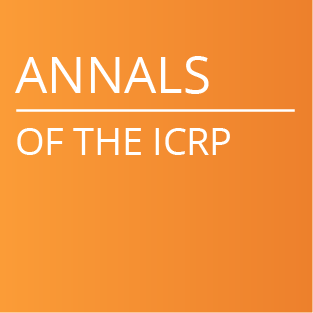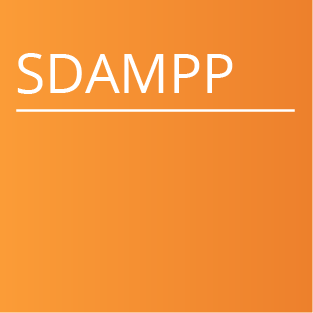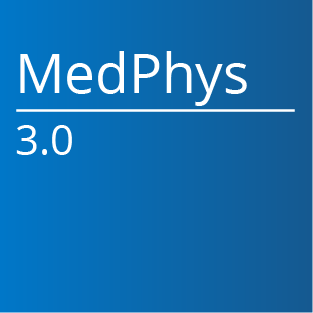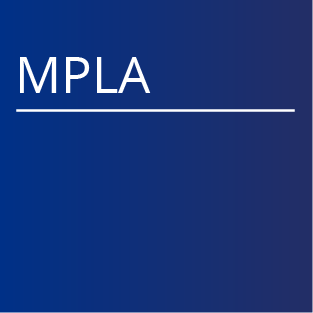Career Advice:
Free play for fun and profit
By: Alaina G. Levine
Before I had a career, before I had a plan of what I would do with my life, I had Free Play, the hour or so during pre-school and kindergarten when the teacher allowed us to choose any toy we wanted to play with. We weren’t shackled to blocks or tinker toys or action figures, and we weren’t restricted by lesson plans and curriculum. We could simply play. Free Play was my favorite time of day, when my imagination went wild, and my creative juices got flowing.
As I grew and advanced in age and career, Free Play became something of a fond memory. My life became structured—meeting at X o’clock, lunch at Y o’clock, strategy session at Z o’clock. My life was dictated by two hands and a face that didn’t even belong to me.
But ultimately, I realized that I still need Free Play. I recognized that even a few moments of doing something non-career-related—whether playing with paper, glue, and glitter or staring out the window at a cactus or a lizard—will energize me. I must feed my desire for blissful moments that don’t necessarily have an end goal. So I made it my mission to weave Free Play into my career. Comically and ironically, I had to schedule it in.
My Free Play consists of a range of activities: running, watching Law and Order: SVU for several hours at a time, reading fashion magazines, paper crafting, coloring, scribbling, and playing math puzzles like KenKen. By incorporating this Free Play into my life, I discovered immediate benefits: I noticed an uptick in my creativity in that I saw novel solutions to work-related problems. I became inspired to look for new sources of information to fuel this creativity. What's more, as Free Play became my opportunity to relax, I experienced a stronger sense of calmness throughout the day, which ultimately led me to become more productive in my job.
We should all strive to incorporate Free Play into our careers and career strategies. Of course, Free Play in adulthood is not a foreign concept. Physicists in particular are known for their Free Play, even if they use a different term: academic research. We would have few modern innovations if scientists had adhered to a budgeted timeframe in which to experiment, and didn’t explore beyond those boundaries that imposed by the institutions of science, academia, and work.
Physicists who adopt Free Play into their schedules can receive excellent return on investment (ROI), in terms both of refreshed creativity, and of actually encountering new information. Andrei Geim and Konstantin Novoselov, who shared the Nobel Prize in Physics in 2010 for discovering a simple way to make graphene, purposefully set up their labs to have Free Play at the end of each week. In 2009 Novoselev told an interviewer for ScienceWatch
We devote ten percent of our time to so-called Friday evening experiments. I just do all kinds of crazy things that probably won’t pan out at all, but if they do, it would be really surprising. Geim did frog levitation as one of these experiments, and then we did gecko tape together. There are many more that were unsuccessful and never went anywhere (though I still had a good time thinking about and doing those experiments, so I love them no less than the successful ones). This graphene business started as that kind of Friday evening experiment. We weren’t hoping for much, and when I gave it to a student, it initially failed. Then we had what you could call a stream of coincidences that basically brought us some very remarkable results quite quickly—within a week or so. Then we decided to continue on a more serious basis.
Industry also recognizes the value of Free Play. There are plenty of companies that allow their technical employees to take a percentage of their workday or week and devote it to something other than their stated directives. There are stories of scientists in the private sector, who by accident or on their own time, made valuable discoveries for their companies. And many Internet firms have foosball tables, basketball courts, and video games available for their workers, because they recognize that “play” breaks ultimately enhance the company’s bottom line.
Despite the importance of Free Play, though, we lose sight of it as we progress through our chosen fields. It seems that once we become “professionals"—that is, people being paid for areas of expertise who are serious about our craft—the fun and play of that craft drains away with the pressures of our schedule. We don’t consider it a critical aspect of our day.
But if you engage in Free Play and devote a certain amount of time to it every week—like exercise or eating well—you will gain very specific mental, emotional and creative return on your investment that will ultimately make you a stronger, more productive professional.
Here are some tactics to consider as you adopt Free Play:
- Recognize that everyone’s definition of Free Play is different. Although I enjoy scrapbooking, you might enjoy reading mystery novels or playing Dungeons and Dragons. Know what brings you sheer joy and recharges your mental batteries.
- Give yourself the right toys for Free Play. Only you know what toys are the right fit for your imagination. Is it a pad and a pencil, a tablet and a stylus, or something more complicated, like laboratory equipment? The toys can change each time you have Free Play—in fact, mixing and matching toys is a great way to keep inspiration fresh. Make sure you have your toys available to you during Free Play, and don’t hesitate to play with a new toy.
- Free Play can also be done on the fly. While you drive, run, watch TV, or surf the web, as long as you stay focused enough to draw inspiration from these toys. For instance, watching a show on the History Channel about the manufacture of toilets spurred me to write my first article in Science magazine, about an engineer who designs toilets for a living.
- Don’t dismiss Free Play if you achieve nothing tangible during the session. The point of Free Play is very much like the point of meditation. It is simply enough to clear your mind of obstacles and relish doing nothing, or doing something that is only tapping into your imagination.
- Free Play can also involve mindful wandering. Reading Physics Today can be just as much a Free Play activity as it is a structured enterprise for networking and knowledge generation. Try reading new sections, or read publications that are not in your area of expertise. At conferences, go to sessions that are far removed your field. Even a few minutes of roaming through LinkedIn where your only objective is to see where your clicks and connections lead you can be considered Free Play and can produce career gold.
- Keep track of your ideas from Free Play. Store any ideas in a single location, like a directory, file or a notebook, so that you always know where to go for inspiration. For example, when I surf the Internet for Free Play, I have a little notebook next to my computer that I use to jot down new words that I come across. I look them up in the dictionary, note their definitions and contemplate how I might incorporate them in my next article.
Lastly, don’t beat yourself up if you don’t do it every day. Free Play should be pleasurable, delightful, and most of all fun! If you are not enjoying yourself, pick a different toy, change your surroundings, or abandon it for the time being and resolve to pick it up again tomorrow. The beauty of Free Play is that you are free to use it as you want, with no borders. But by including Free Play in your overall career plan, you will find that your productivity will increase, your child-like enthusiasm for your subject can return and even surge, and your career opportunities will expand by leaps and bounds.
Alaina G. Levine is a science and engineering writer, career consultant, and professional speaker and comedian. Her new book on networking strategies for scientists and engineers will be published by Wiley in 2014. She can be reached through her website or on Twitter at @AlainaGLevine.



















